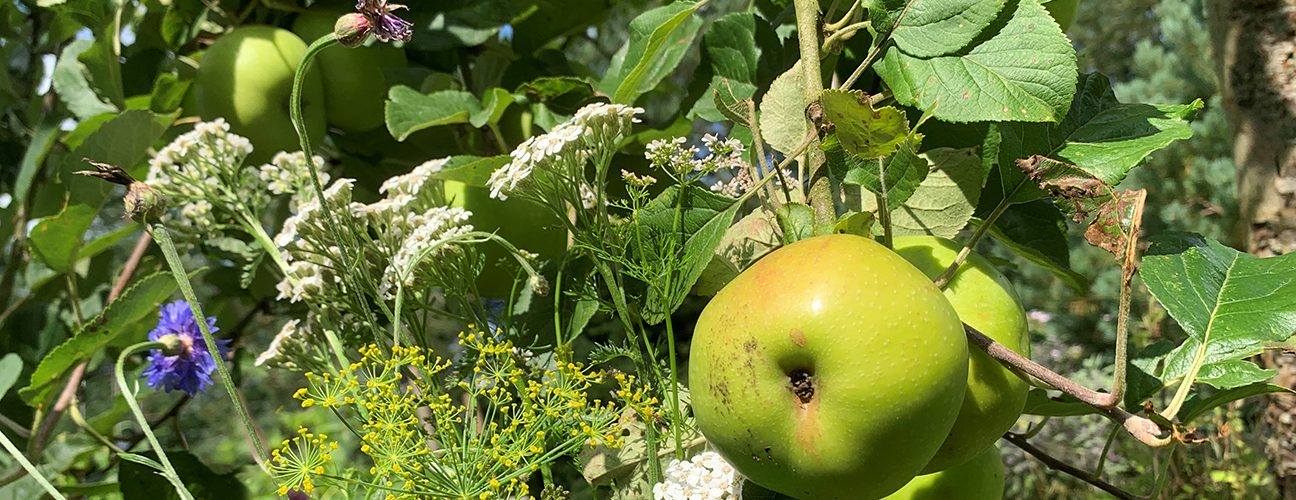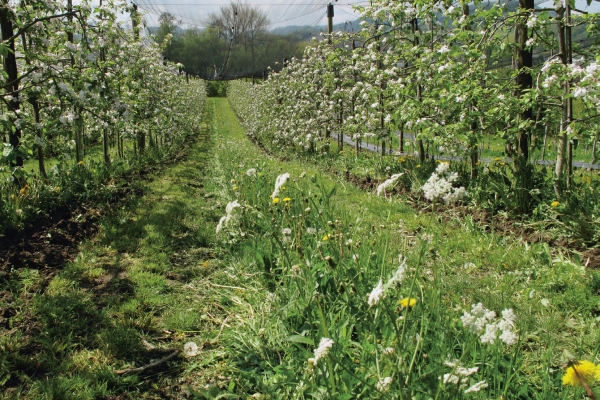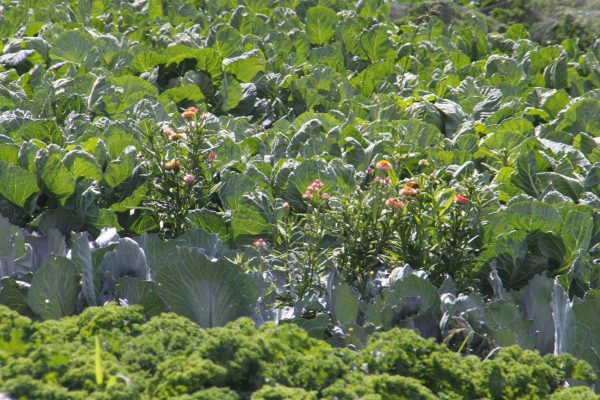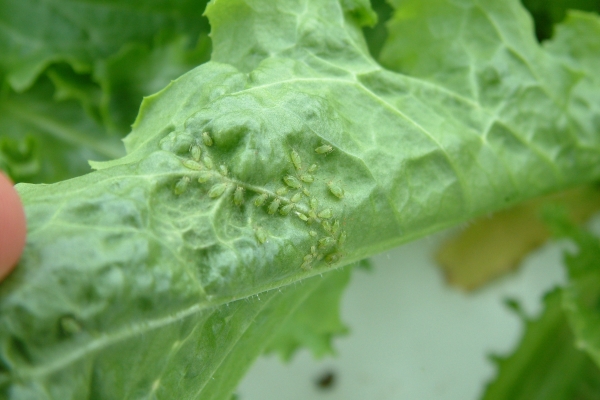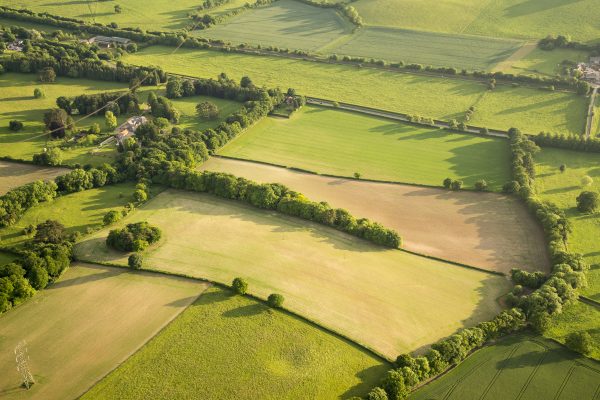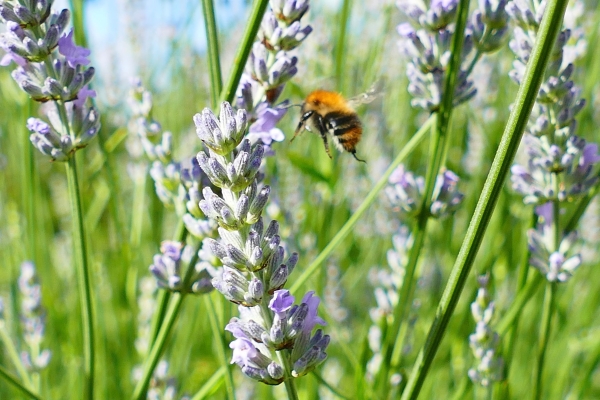Biodiversity for the Future of Fruit Farming?
Resource explained
The objectives of Kent fruit grower David Butler’s Nuffield Farming Scholarship study tour were ‘To obtain any global ideas or strategies which biodiversity could aid in replacing chemical applications in commercial fruit farming.’ This report summarises his findings from his visits to growers, research centres, agronomists, tree and plant nurseries, vineyards / wineries, universities, packhouses, and machinery manufacturers in Italy, the Netherlands, Spain, New Zealand, Australia, UK and Chile. He set out to see if it is possible to maintain good yielding orchards with a high percentage of class one fruit to feed an ever-growing population, while reducing a proportion of chemical inputs with biological control. The report takes us through the tour, country by country, followed by the changes he made on his farm on return. It ends with discussion, reflections and some home truths.
Findings & recommendations
- Highly technical glasshouse top fruit production (Wageningen) enables climate control and high yields without pesticides, but at prohibitively high costs.
- Taking land out of production for wildflower mixtures/habitat for beneficials within or close to orchards has real potential.
- Growers recycle the rootstocks of trees by grafting rather than grubbing and replacing, therefore not disturbing the soil when creating a new orchard.
- The use of cover crops can be targeted to combat specific nutritional deficiencies or pest issues i.e. drilling mustard into blueberry plantations to combat nematodes.
- Some trees, bushes or plants are added to the ends of fruit rows to host beneficial insects that will predate on pests.
- In conjunction with the Bumblebee Conservation Trust, he has adopted techniques to benefit bumblebees and other pollinators (seeding wild flowers in field margins and corners, cobnut rows providing shelter for natural predators, leaving grass unmown under pears between April and just before harvest, allowing nettles to grow, using moveable bumblebee planters).
- The initiatives he has adopted have environmental benefits but also costs without any financial value in compensation, and in a harsh financial climate they have been shelved, for now.
- “It’s great to be green but you must not be in the red.”
Netherlands
New Zealand
Chile
Back on the farm
Discussion
